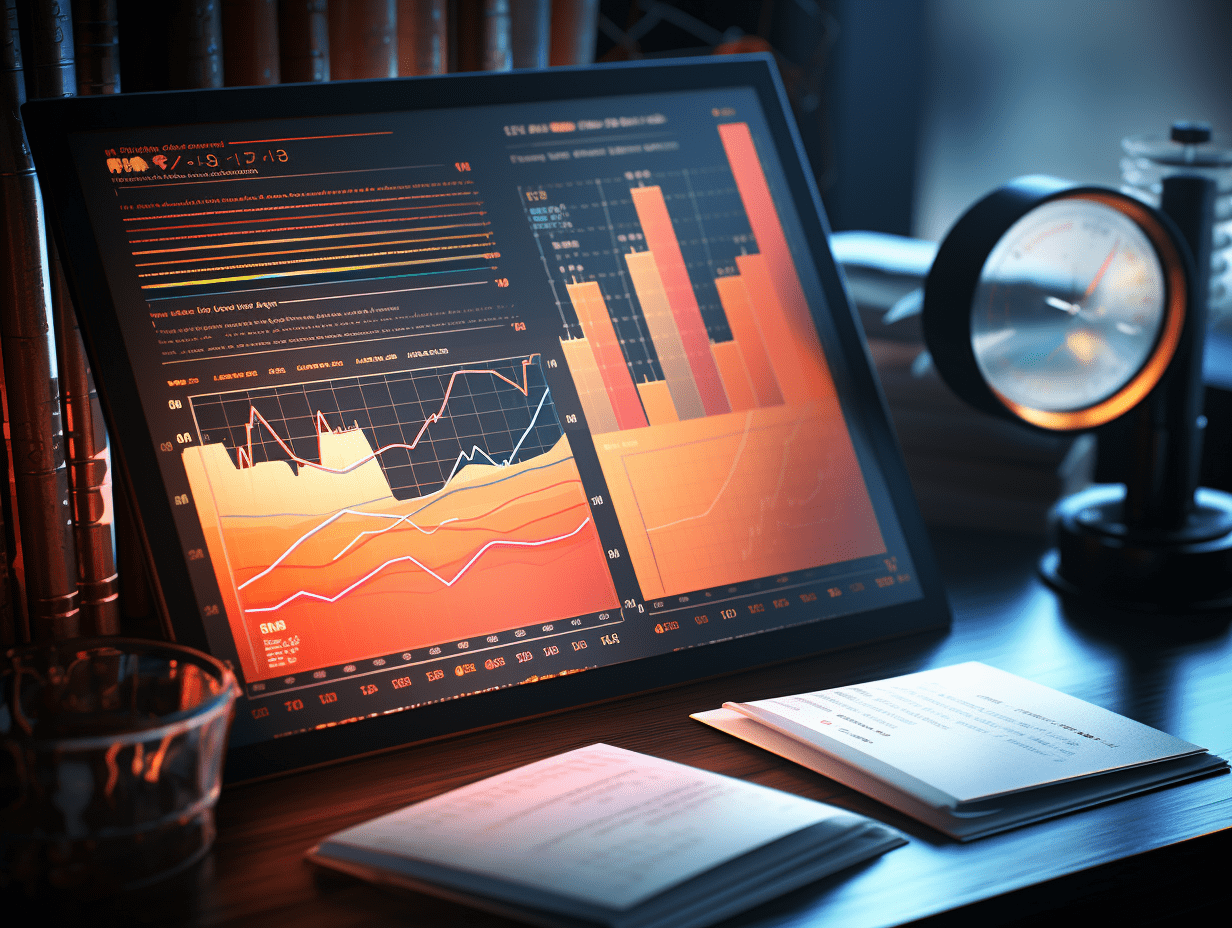
J.P. Morgan raises the probability of a recession in the U.S. this year to 60%! Analysts criticize: The U.S. is asking for trouble.
President Trump's announcement of comprehensive tariffs this week has further heightened global anxiety about an economic recession.
After the imposition of these tariffs, JPMorgan raised the probability of a recession in the US and globally to 60%, an increase of 20 percentage points from before. The institution warned that the US's destructive policies pose the biggest risk to the global economic outlook this year, and they will be further magnified due to retaliatory tariffs, declining US business sentiment, and supply chain disruptions.
Standard & Poor's Global has also increased the probability of a US economic recession from 25% in March to the current 30% to 35%. HSBC has raised the likelihood of a stock market recession in the US to 40%.
Additionally, research institutions such as Barclays, Bank of America, Deutsche Bank, Royal Bank of Canada, and UBS are also concerned, stating that if Trump's new tariff policies continue to be implemented, the risk of the US economy falling into recession this year will increase.
Recession may lead to stronger rate cuts by the Federal Reserve
Ryan Sweet, an economist at the Oxford Economics research institute, warned that the average tariff rate in the US will reach the highest level in a century, making it highly likely that the US will enter a recession in the next 12 months.
Ben May, director of macroeconomic research at the institute, also pointed out that even if the global economy may avoid a recession this year, the growth rate may fall to below 2%, making it the weakest annual growth rate globally since the financial crisis (excluding the COVID-19 pandemic).
Economist Greg Daco from Ernst & Young estimated that tariffs could cost the average American household $690 annually, with low-income families losing over $1,000. Morningstar also called the tariffs an economic disaster of America's own making.
Lindsay Owens, executive director of Groundwork Collaborative, went further by stating that the term "recession" is not enough to describe the severity of the situation, and it should be said that Trump is leading the US into an economic depression.
In addition, economists at Deutsche Bank estimate that due to the impact of Trump's tariffs, the unemployment rates in the EU and the UK will rise in the next 12 to 18 months. Thomas Sampson, an economics professor at the London School of Economics, also said that European and American consumers will face similar price increases.
Faced with the destructive impact of tariffs, some analysts predict that this will prompt the Federal Reserve to further cut interest rates to boost the economy. Goldman Sachs expects the Fed to cut rates three times this year, while Royal Bank of Canada has made the same prediction.
UBS expects the Fed to cut rates by 75 to 100 basis points for the rest of the year, Citigroup reaffirmed its expectation of a 125 basis point rate cut starting in May, and JPMorgan estimated two rate cuts of 25 basis points each this year.
This article is reprinted from "Cailian News," author: Ma Lan; GMTEight editor: Yan Wencai.
©️2013 - 2025 GMT EIGHT Holdings. All Rights Reserved.
Contact: [email protected]


